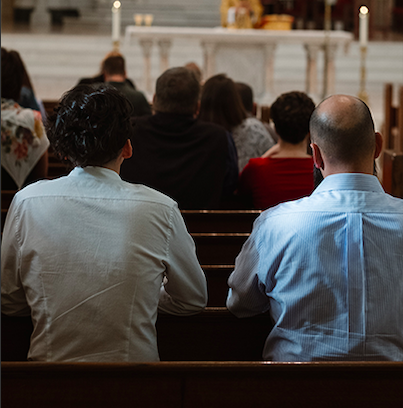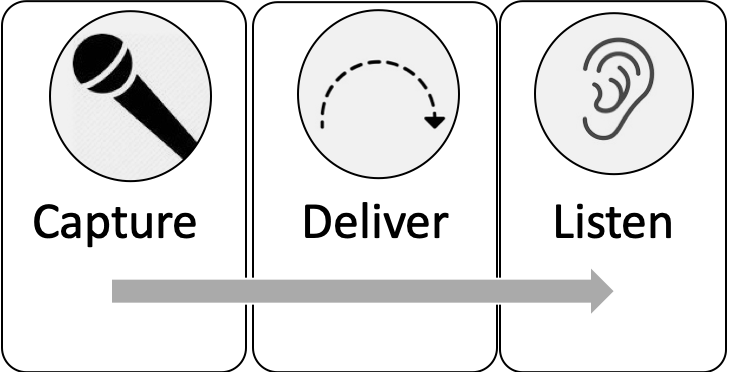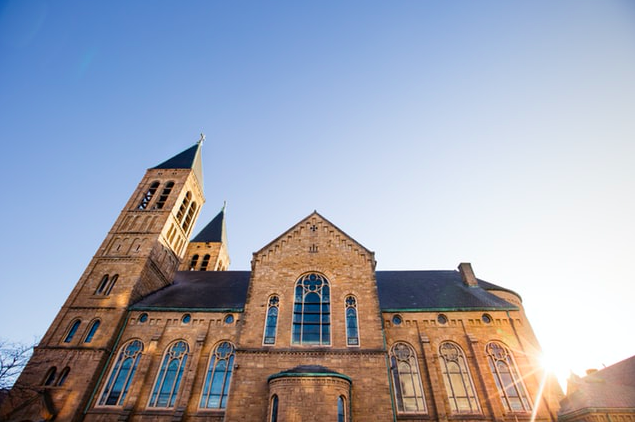"Andrea, you have hearing loss"
There’s a lot going on beneath the surface in church for people like me with hearing loss. For years, I felt like I was on the outside looking in until a stranger transformed my life. An amazing tool led me back into the circle of belonging. Why did it take so long? The words that unite us with God and one another are too important to miss. “Whoever has ears to hear, let them hear” (Luke 8:8).
I remember being an 8-year-old in the green tiled nurse’s office at my elementary school. I put on clunky headphones and raised my hand whenever I heard a beep. I thought I did well and felt confused when the nurse said “Andrea, you have hearing loss.” I had no idea what that meant at the time, and almost 50 years later I’m still learning how to live my fullest life with hearing loss.
My hearing aids amplify a jumble of sounds that my brain needs to sort through.
I know the genetic mutation that causes my hearing loss and grew up watching its impact on my grandmother, my dad, his two siblings, my sister, two cousins, myself and now, my daughter. We wrote short phrases like “Red Sox” on a white board to spur conversation with my dad. At summer clambakes, I’d find my sister alone, reading a book, weary from conversations she couldn’t hear. Hair cells deep within our ears are damaged, so bits of words get lost on their way to the brain. My hearing aids help make sounds louder, but I cannot understand speech when consonants get dropped further along the path. It’s like trying to recognize a song played on a piano with some keys missing. I end up guessing at words, so “ten” incorrectly becomes “him” and “true” incorrectly becomes “prove.” It’s even harder in a church where words reverberate off the marble, tile and glass, and my hearing aids amplify a jumble of sounds that my brain needs to sort through.
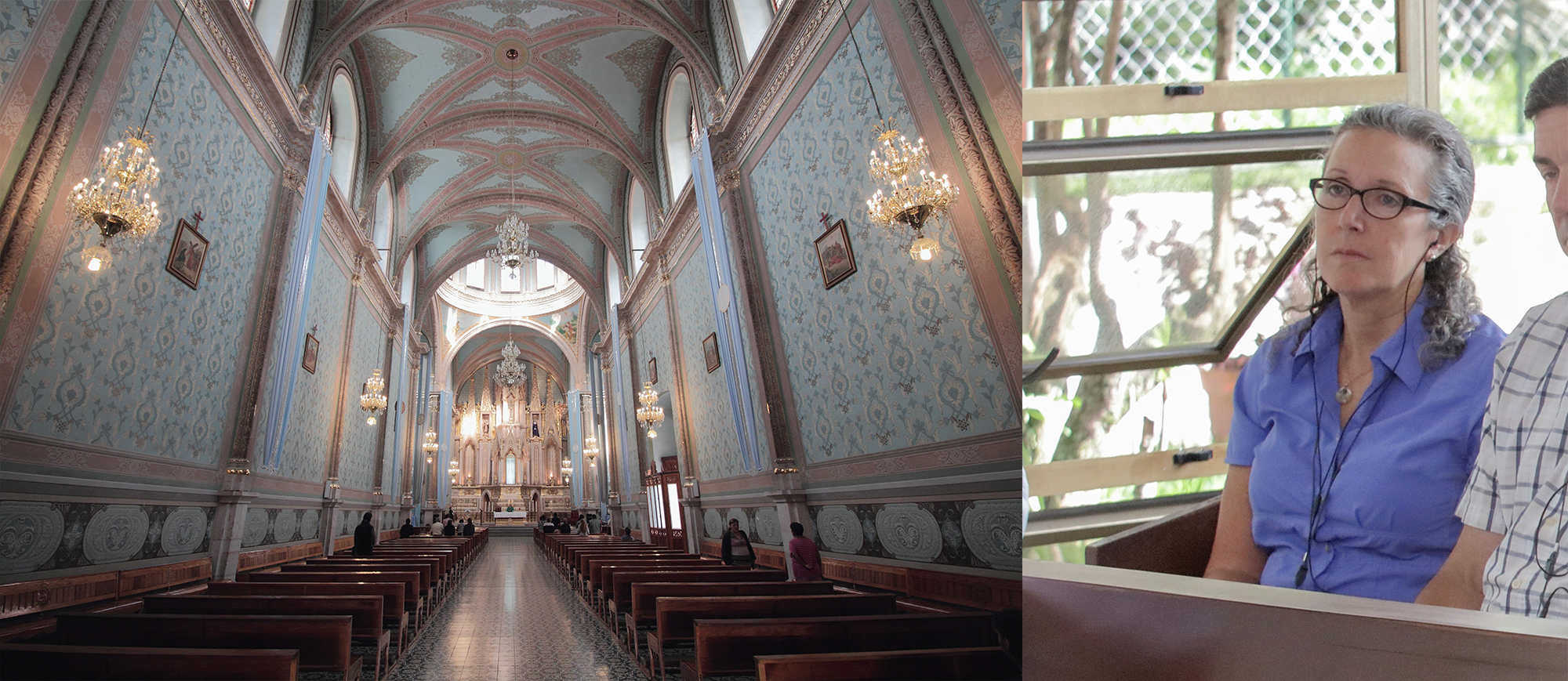
Choosing to keep quiet and hearing less.
Over the years, awkward exchanges and derailed conversations piled up and I grew reticent. Now I weigh the cost and benefit of disclosing my hearing loss with each new encounter and often choose to keep quiet and hear less. An estimated 28 million people in the U.S. have disabling hearing loss in both ears and I wonder how many feel the same way [1]. I can get by hearing less in Mass fairly well with the missal and lip-reading to fill in some blanks. My biggest downfall is the homily, in which we are nourished by God’s word, inspired, humbled and supported. Those brief 10 minutes allow for a deeper connection to God and one another. I feel very alone as I sit there, unable to grasp it. Sometimes homilies start with a little joke that makes people all around me laugh. My husband glances over at me as his smile fades and I see a touch of sadness in his eyes. He knows I always miss the punchlines.
I remember this story because I heard it clearly.
In 2018, a young priest came from Nigeria to serve as our associate pastor. His accent, the church reverb and my poor hearing made it impossible to understand his homilies. For months I sat in church and got angry at God, asking him “why don’t you want me to hear this message of faith?” In the car on the way home I peppered my family with questions. “What was it that he said about his childhood in Nigeria?” “What was so funny near the end?” Fortunately, my family is very patient with me. A few months later, this priest spoke of struggle and how it makes us stronger. He used the example of a caterpillar working so hard in the chrysalis before emerging as a butterfly. I remember this story because I heard it clearly! Through another parishioner’s advocacy, the church had installed a “large area listening system.” This system sends sound directly from the altar microphone straight to my hearing aids. I was amazed how clear he sounded with reverb and distance eliminated. Now I can even hear the crisp snap when the priest breaks the Eucharist and his whispered instructions to the altar server. Imagine how it feels for me to hear even more than everyone else!
Unfortunately, too many people are unaware of technology such as hearing loops, telecoils, FM or IR systems and how much benefit they bring. People are missing out on deeper connection and others don’t even realize it’s happening. I hope together we can change that. It’s been a difficult journey for me in church and thankfully I have found fulfillment. I feel stronger and transformed, just like the butterfly.
Note: the adaptions above do not make Mass accessible for the Deaf community. Since the American Deaf speak in American Sign Language (ASL), they do not consider English to be their first language. For Mass to be accessible to someone who is Deaf, the Mass needs to be either celebrated in American Sign Language or have an American Sign Language Interpreter available. For more information about church accessibility for Deaf Catholics, visit the National Catholic Office for the Deaf website.
The content contained in this post and on this site are the opinions of the individual author and do not necessarily reflect the official policy or position of the National Catholic Partnership on Disability.
© The National Catholic Partnership on Disability 2020
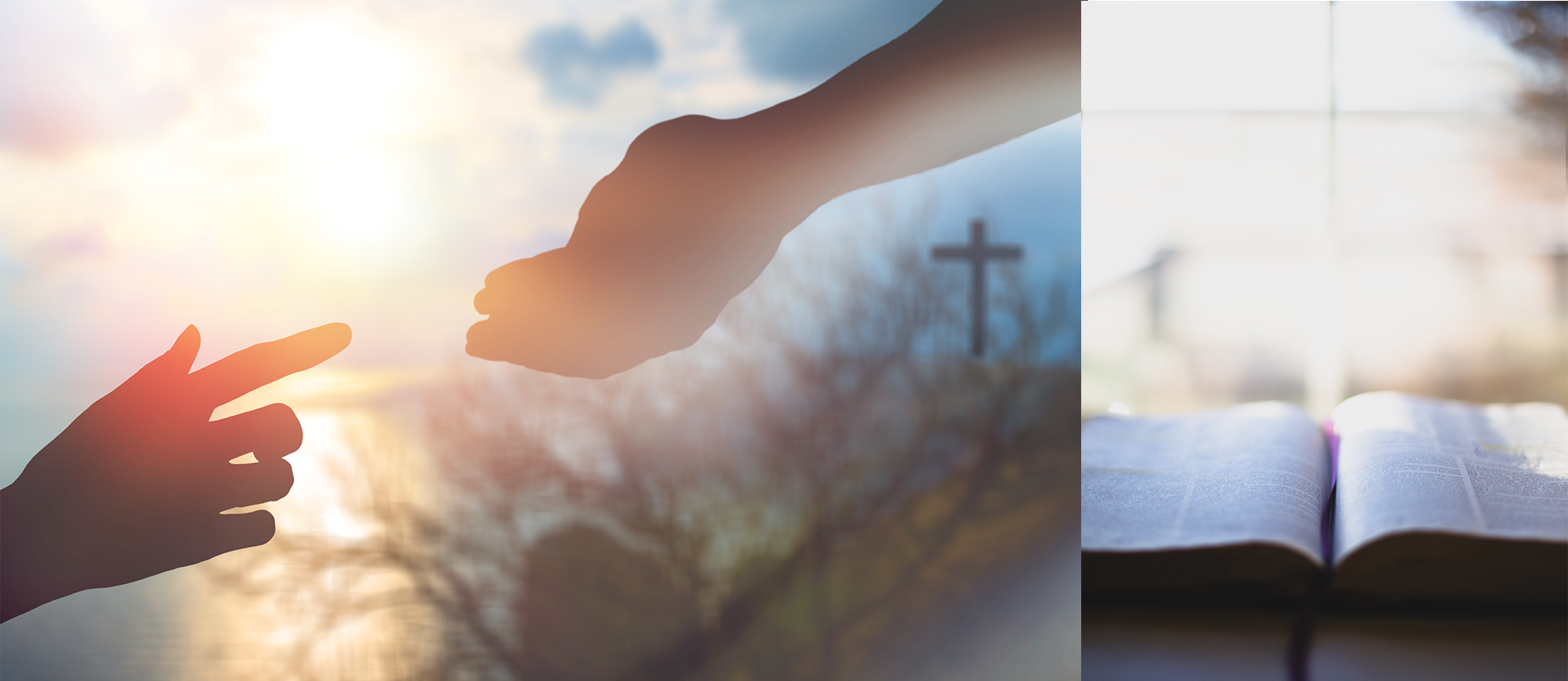
[1] NIDCD Epidemiology and Statistics Program, based on December 2015 Census Bureau estimates of the noninstitutionalized U.S. population, personal communication; May 2016.


